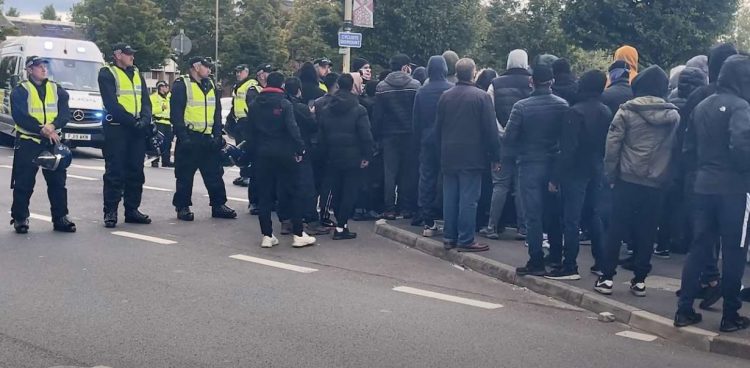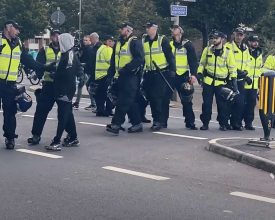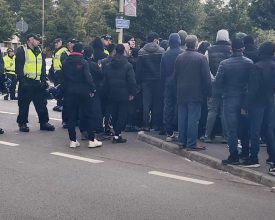Three expert panellists have been selected to sit on an independent review into the unrest that occurred in Leicester last year.
In September 2022 community tensions led to a spate of vandalism, assaults, and attacks on places of worship and other properties in Leicester, in some cases highlighting divisions between different groups across the city and beyond.

During the height of the unrest, the government worked closely with the local police force, Leicester City Council and other local partners to bring calm to the situation and protect communities from across the city.
Communities Secretary Michael Gove commissioned an Independent Review into the disorder appointed Lord Ian Austin as chair earlier this year. The following 3 expert panellists will work alongside Lord Austin:
- Dr Samir Shah CBE: a former Commissioner for the Commission on Race and Ethnic Disparities, former chair of the independent race equality think tank The Runnymede Trust for 10 years and was a member of the Holocaust Commission.
- Professor Hilary Pilkington: Professor of Sociology at the University of Manchester and Fellow of the UK Academy of Social Sciences. She coordinated the H2020 DARE (Dialogue about Radicalisation and Equality) project, and her research includes focus to the study of youth participation, activism, stigmatisation and extremism in the UK.
- Dr Shaaz Mahboob: Head of Digital Development NHS England and trustee of British Muslims for Secular Democracy for 10 years until 2018, including its Vice Chair for a number of years.
Lord Austin said: “Leicester has a proud history of diversity, tolerance and community cohesion which makes what happened last year all the more troubling.
“We want to listen to people in Leicester to understand last year’s events, what can be learned from them and how communities in the city can work together to prevent problems in future.
“It is therefore vital that the review is comprehensive and even-handed and that this aim is reflected in the panellists we appoint.“
The panel will:
- Establish the facts of what took place over the period of unrest, and a sequence of events.
- Present an analysis of the causes of the unrest.
- Make practical recommendations for how similar events that may arise in future could be prevented.
- Set out proposals and ideas for strengthening social cohesion locally.
It is expected to publish the findings of the review next year.








